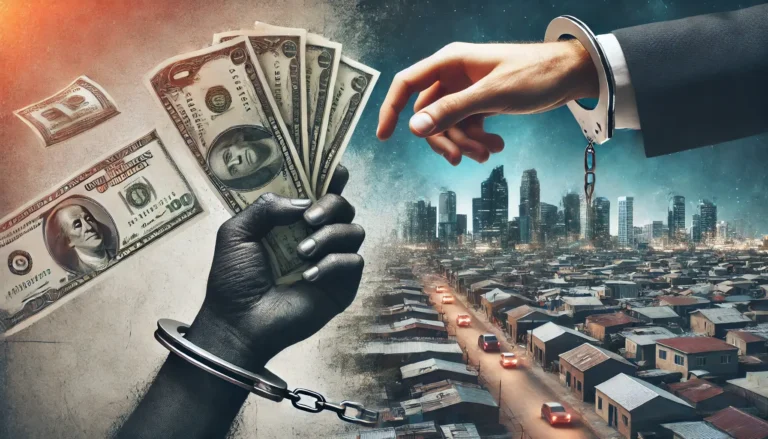Economic Factors Play a Significant Role in Shaping Criminality
Economic factors play a fundamental role in shaping societies, influencing criminality, and determining social stability. Criminology examines how economic conditions such as poverty, unemployment, and income inequality contribute to crime rates. These factors influence both individual behavior and systemic criminal trends, making economic conditions a key area of study in understanding crime. This article explores…



